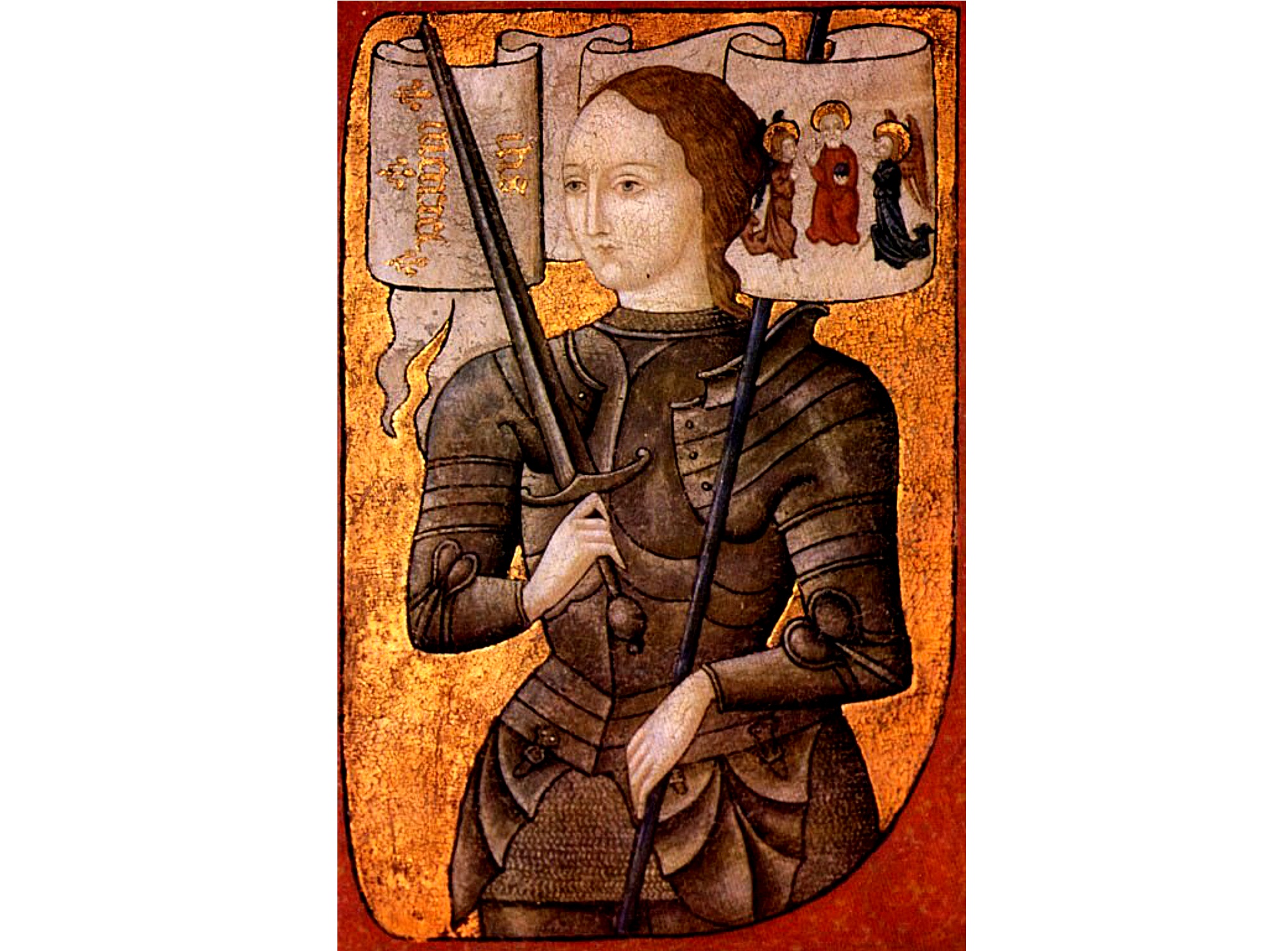The UFV history department showed the second documentary of a three documentary film series event on Oct. 24 in room B121. The documentary was Joan of Arc: Maid of Orleans and it provided some background information leading up to Joan of Arc’s assent to power as well as her downfall. The event began with a brief history lecture on the 100 Years’ War, led by Adrianna Bakos, department head and associate professor of history. The 100 Years’ War was a series of battles that took place between the English and French kings at the time that Joan of Arc was a young child. France was in a state of unrest because of disputes regarding who had the right to accede to the French crown after the king’s unexpected death. And so, the English took advantage of France’s weakness and were able to defeat the French in several battles.
The documentary portrayed Joan of Arc’s biography in great detail. As a young peasant girl, Joan claims to have received a vision from God about her duty to lead the French to victory against the English army. This event took place in the 15th century, when France’s army was at its lowest point. What is particularly baffling to historians is that Joan of Arc was able to convince the king of France, Charles VII, that she should lead the French army. Although the nature of mysticism and the ability to receive visions from God were revered in the medieval ages, it was uncommon for women to be taken so seriously in these matters. The documentary suggests that the French were waiting for a prophecy to occur indicating that a virgin woman would save France. Since Joan of Arc was a virgin and was determined to rescue France, she was considered by the masses to be the prophetic character the nation was expecting.
However, the film also carefully depicts Joan of Arc’s unfortunate death and fall from power. After winning multiple battles for the French, Joan’s leadership capabilities began to plunge. When Joan started losing important battles, Charles VII withdrew his support for Joan and took her prisoner. At her trial, Joan was condemned for falsely claiming to have heard the voice of God and also for dressing in men’s clothing. This led her to be burned at the stake and tortured, which was a scene that was vividly depicted in the film. Ironically, in 1920 Joan of Arc reached sainthood and became a symbol of French nationalism.
At the end of the documentary, there was a discussion about the character and personality of Joan of Arc. There were also a few questions about the perception of Joan of Arc nowadays. When Ian Rocksborough-Smith, sessional faculty in the history department, was asked about the success of the previous screening, Augustus, Rocksborough-Smith said, “I would say that it was successful in terms of content and discussion. It was a pretty modest turn-out. But I think we are not expecting huge crowds.” He mentioned that it continues to be hard to get more people to come out to events during midterms.
In regards to the objective behind the event, Rocksborough-Smith said that it is done to raise awareness about the history department and the courses that are offered at UFV.
“We thought we would use the theme of biography which is a great entry point into the study of history. There are lots of fascinating figures in history that we can study and that give us windows into whole areas of history like the study of women,” said Rocksborough-Smith.
His expectation for the last film series screening on Nov. 21 is that it will generate more interest. According to Smith, the film Tecumseh’s Vision is noteworthy because it is an important part of North American history.
“The last film is about a famous Indigenous, North American leader, Tecumseh, who opposed colonialism settlement in the early 19th century. And of course that still has reverberations and legacies in the present, with unresolved issues about Native land rights and ongoing inequalities,” Rocksborough-Smith said.


